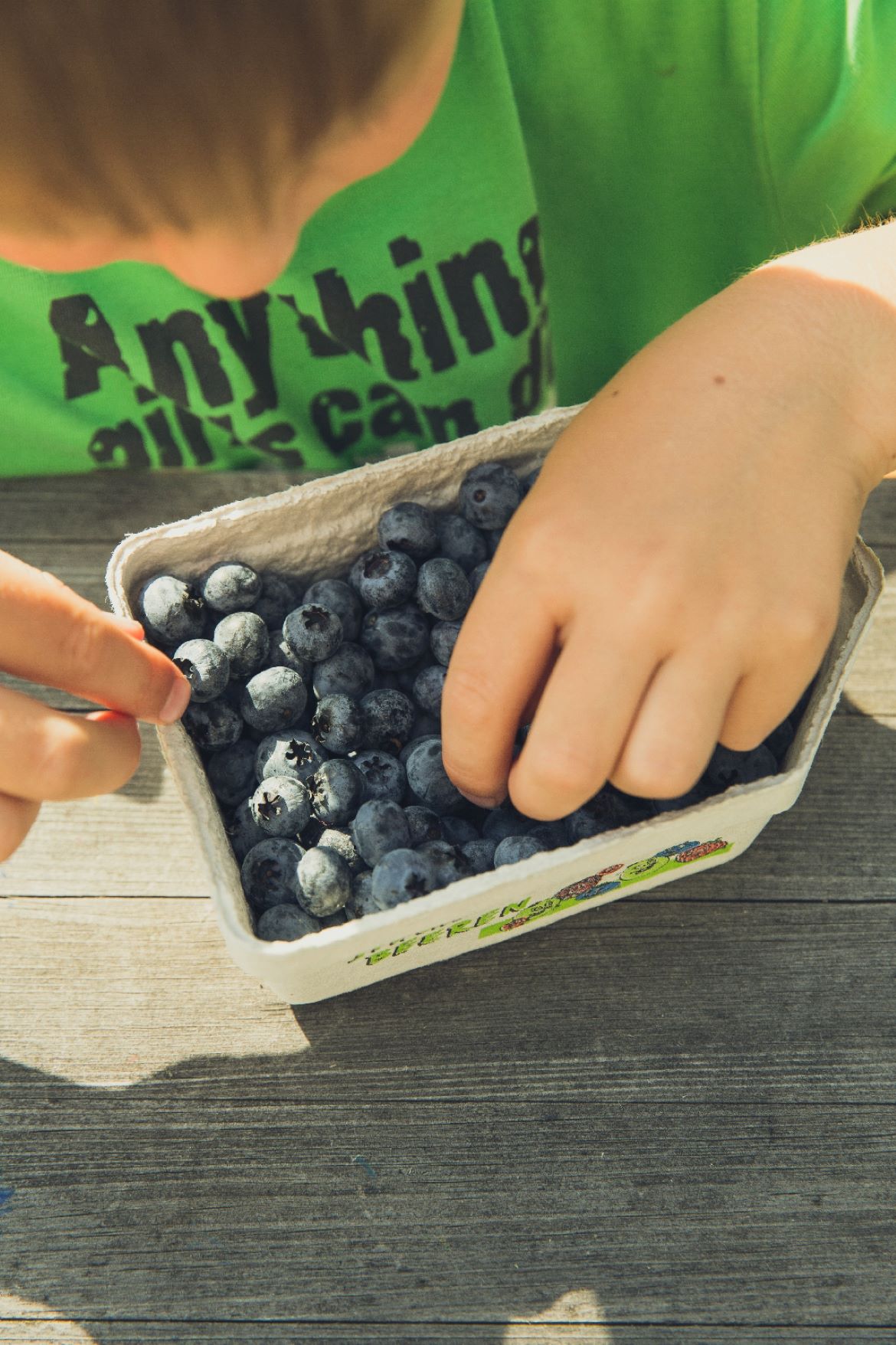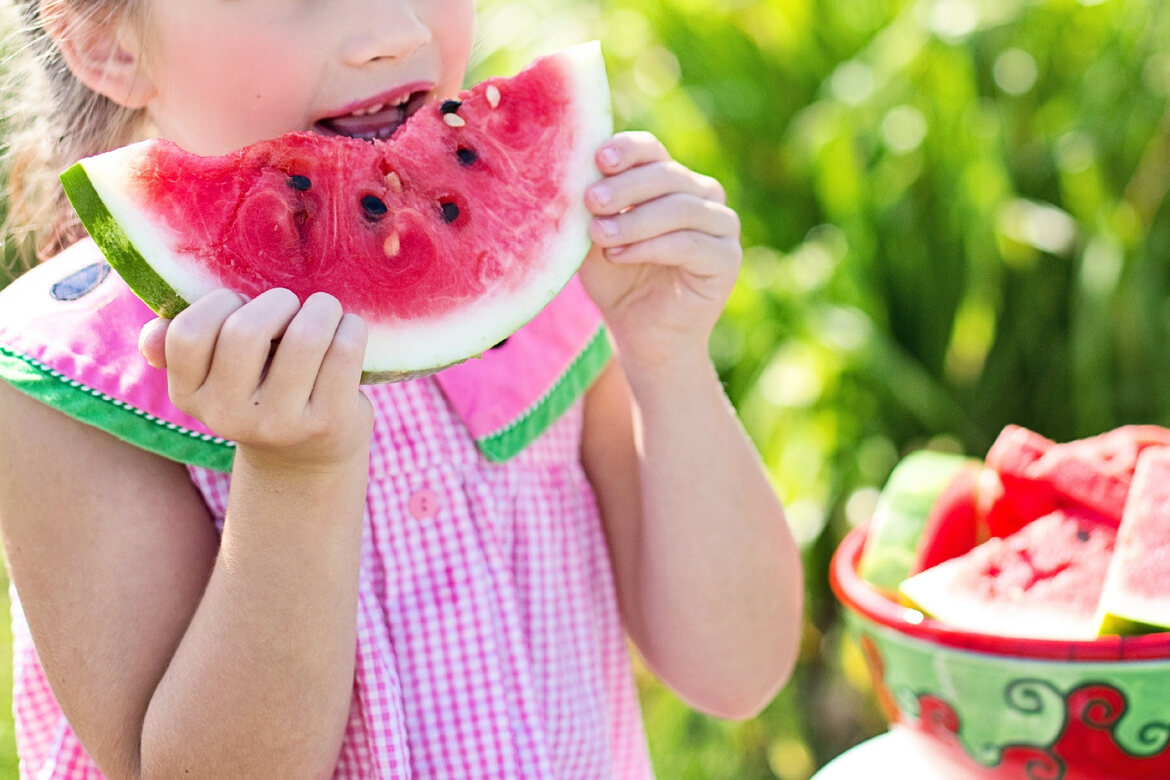Even if your child doesn’t have a learning disability, you might be concerned about their nutrition. But for children with learning disabilities, the stakes are even higher. Not only does proper nutrition support their development, but it can also support them emotionally. It’s important that parents of children with learning disabilities understand what types of foods or supplements will help their children feel more resilient to their daily challenges.
Nutritional tools can help children with learning disabilities maintain health and wellness
Even in children, deficiencies in vitamins and minerals can lead to additional symptoms. For example, a lack of thiamine (vitamin B1) can cause behavioural problems, while iron deficiency causes anemia, which can lead to low mood and fatigue. Omega-3 fatty acids are important for brain function and are found in foods like salmon, walnuts and flaxseed oil. Magnesium is another nutrient that may play a role in supporting cognitive development.
Nutrients such as these – which are also present in supplements – can be more easily monitored than by simply eating certain foods every day or going to great effort to make the food, only for it to be refused. And it’s never too early to start making sure your child gets enough of these essential nutrients: in fact, it’s important to start before conception or during pregnancy, while baby’s brain and nervous system is still developing.

Children with learning disabilities are often sensitive to or allergic to certain foods, which leads to nutritional deficiencies
- Food allergies and sensitivities. Children with learning disabilities are often sensitive to or allergic to certain foods, which leads to nutritional deficiencies. These children’s immune systems react adversely when they consume certain foods, which can lead to brain fog, learning difficulties and other symptoms that may be overlooked and considered as part of the original diagnosis.
- Gut health issues. The gastrointestinal tract (GI) is one of the largest organs in our bodies; it processes all of our food and absorbs nutrients into the bloodstream for use by the body’s cells. Special enzymes produced by friendly bacteria in our GI tracts help break down foods so we can digest them properly; however, if these good bugs are killed off due to antibiotics or other medications that kill beneficial bacteria, it can make it difficult for babies to digest food properly – leading not only to brain fog but also low mood and behavioural difficulties too.
- Nutritional deficiencies. If your child doesn’t have enough B vitamins like folate or niacin available at those critical times when their brains are growing rapidly, then they might have trouble processing information and staying calmer, for example, in times of transition, or with big feelings such as disappointment and anger.
Healthy fats, such as omega-3 fatty acids, are crucial for supporting brain function
Omega-3 fatty acids are an essential part of a healthy diet. They’re important for brain function because they are used to make cell membranes and the myelin sheath that surrounds nerve fibers. Your child’s brain requires more fatty acids than other organs, so it’s especially important to eat foods rich in omega-3s throughout the day. Omega-3s are found in fish oil, flaxseed oil, chia seeds and other sources.
Choose supplements with different flavours if your child doesn’t like taking these foods on their own.












